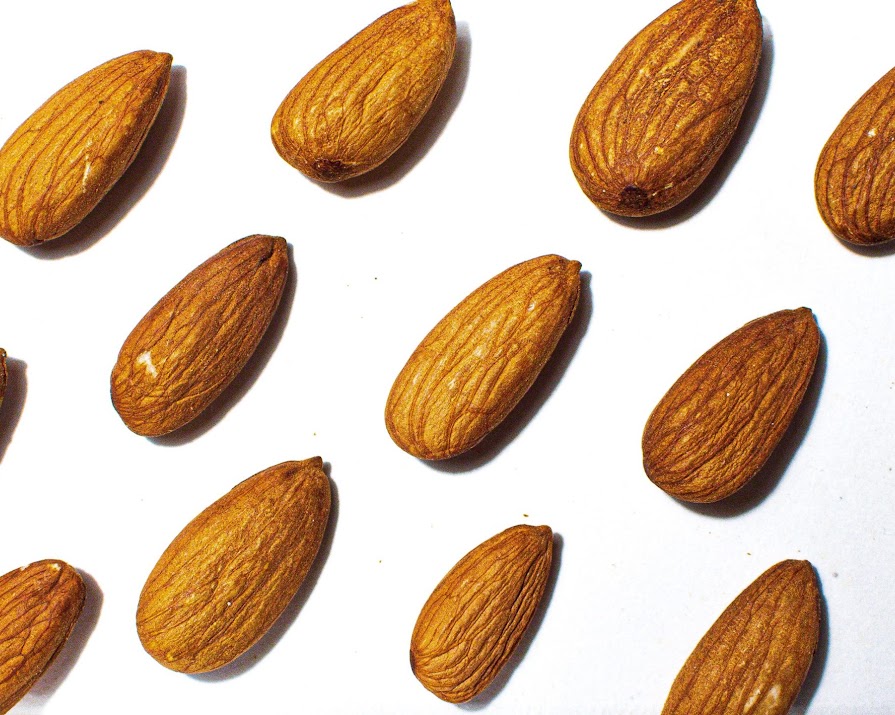
By Holly O'Neill
07th Apr 2021
07th Apr 2021
Read time: 3 minutes
Curious about intermittent fasting? Fiona Gratzer, CEO at Unislim, explains all you need to know.
What is intermittent fasting?
Intermittent fasting is a catchall phrase for many different types of fasting. From time-restricted eating (like eating during an 8-hour window), alternative day fasts, daylight fasting (such as Ramadan) or 24 hour fasting periods – it’s basically any regime where you stop eating for a prolonged period of time.
We all ‘fast’ every day from the period we stop eating in the evening until the time we eat “break-fast” in the morning. For most of us, this is typically a 10 to 12 hour fasting period. If we regularly extend this period to even as much as 14 hours, research shows we can reap many health benefits.
What are the benefits of intermittent fasting?
Studies indicate that incorporating fasting into your lifestyle can help to reduce inflammation, improve sleep, control insulin, reduce stress, boost energy and aid weight loss.
One of the easiest ways to reap these health benefits and lose weight healthily is to incorporate one or two days a week of what we call ‘Flexifasting‘ into your life. Flexifasting incorporates 1-2 days per week where you extend the period of not eating in the evening by up to 14 hours. This is totally flexible and should fit around your own lifestyle. For example, you’d finish your last meal at 6 pm you won’t eat again until 8 am. Flexifasting is not eating for 14 hours, mostly while you’ll be sleeping, once or twice per week.
This simple time gap results in people consuming up to 30% fewer calories that day, which is a very effective way to help control your weight and a terrific way to help you reduce nighttime nibbling, be more mindful of your eating habits and create a healthier relationship with food. It’s a safe approach and you can boost your metabolism, increase your energy, improve your sleep and enjoy greater confidence.
The do’s and don’t’s
Don’t fast on days when you’re tired, or overworked.
Don’t fast if you’re unwell or feeling under the weather.
Don’t fast on a day of heavy exercise.
Do eat three meals and two healthy snacks the day you fast.
Do plan a restful day.
Do go to bed early.
Photography by Unsplash.



















